US renews caution against taking on Chinese debt
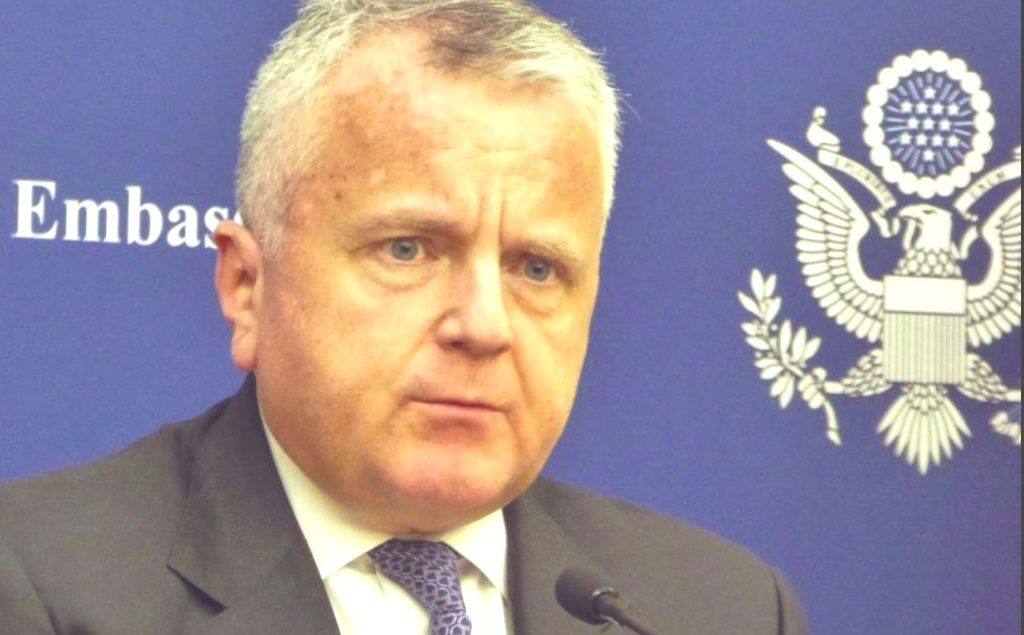 Sullivan said Chinese loans can impose unnecessary burdens on recipients that jeopardize their sovereignty.
Sullivan said Chinese loans can impose unnecessary burdens on recipients that jeopardize their sovereignty.
March 21—John J. Sullivan, the United States Deputy Secretary of State, was in Angola. Sullivan was on Wednesday visiting the capital, Luanda, insisting Washington had not forgotten the continent and had a new plan dubbed ‘Prosper Africa’ .
He told his hosts China was not to be trusted and next year the Federal government was offering $60 billion in new investment for the sub-Saharan Africa region.
Spelling out new the US Africa Strategy, Sullivan said, “The United States wants to encourage African leaders to choose sustainable foreign investments that help their countries become self-reliant, unlike those investments offered by China that impose undue costs.”
He said last October, President Donald Trump signed into law the BUILD Act setting up the US International Development Finance Corporation, or IDFC. Money available from IDFC to support private sector investment in developing countries, will double from $29 billion to $60 billion.
Speaking at an investment and trade luncheon, Sullivan said the BUILD Act and IDFC, are well-positioned to unleash the full potential of private sector-led growth in Africa. The event was organized by the US-Angola Chamber of Commerce, and AmCham Angola.
The oil exporting southwest African country is America’s third largest trading partner with the bulk of the business made up of petroleum products. However, Angola is also the third biggest supplier of crude to China but tops the list of five countries who owe the most money to Beijing. Others are Ethiopia, Kenya, the Republic of Congo and Sudan. Although not ranking among the big leagues, China is also Uganda’s leading creditor.
Sullivan said, “We ask countries to consider how their relationship with China aligns with their ambitions for sustainable development. Under our Africa Strategy, the United States will expand economic ties on the basis of mutual respect, and we will help African nations take control of their economic destinies.”
Towards the end of last year, the Chinese government issued a statement, ‘Chinese loans to Africa have a lower interest rate and longer repayment period compared to the market average, and these concessional loans are primarily used to build infrastructure’.
Coincidentally at about the same time Sullivan was visiting Angola, the Italian government broke with its G-7 wealthy group friends and signed up to China’s Belt and Road Initiative. Initial investments worth $2 billion for modernising Italian ports and railways was an added sweetener.
Sullivan said the Africa Strategy underscores American long-standing commitment to Africa and to moving African countries away from foreign assistance, toward self-reliance and sustainable financial independence. He said by 2025, the US expects nearly two-thirds of the estimated 300 million African households, will have discretionary income, which makes it a key market for globally competitive American companies.
Taking on a more blunt tone, Sullivan said, “We encourage Angola and other African countries to choose high-quality, transparent, inclusive, and sustainable foreign investment, not predatory investment and development initiatives that raise debt to unsustainable levels. These loans can impose unnecessary burdens on recipients that jeopardize their sovereignty.”
Sullivan did not stop there. “Just as we encourage countries to consider the implications of partnership with China and how it aligns with your own sustainability and prosperity goals, we do the same with regard to Russia. Russia often utilizes coercive, corrupt, and covert means to attempt to influence sovereign states, including their security and economic partnerships,” he said.
The US senior diplomat said the US has an unwavering commitment to Angola and countries across Africa. “No other nation matches the breadth and depth of the United States’ engagement on the continent, from health and education, to supporting women and youth, engaging civil society, and bringing electricity and water to millions of people,” he said.

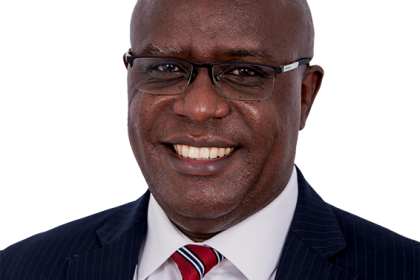 Standard Bank Group appoints new Chief Executive for Uganda Holdings
Standard Bank Group appoints new Chief Executive for Uganda Holdings
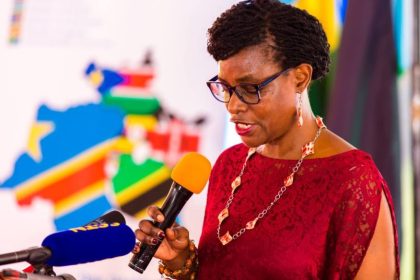 TradeMark Africa introduces new App to limit EAC trade barriers
TradeMark Africa introduces new App to limit EAC trade barriers
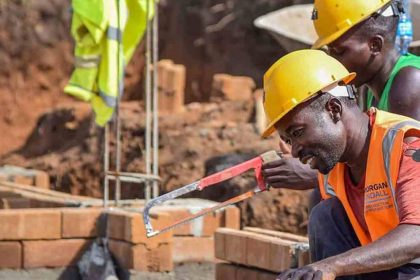 Employer hiring up during November as Stanbic PMI rises to 53.4
Employer hiring up during November as Stanbic PMI rises to 53.4
 Shell Club rewards first winners with brand new motorbikes in Mbale
Shell Club rewards first winners with brand new motorbikes in Mbale
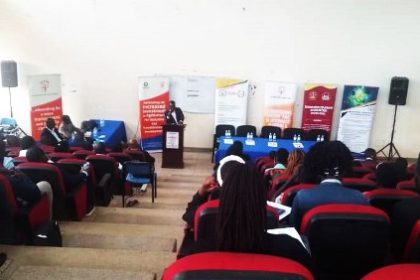 CSBAG roots for increased funding for renewable energy
CSBAG roots for increased funding for renewable energy
 Equity walks tried and tested path to deliver solid half-year
Equity walks tried and tested path to deliver solid half-year
